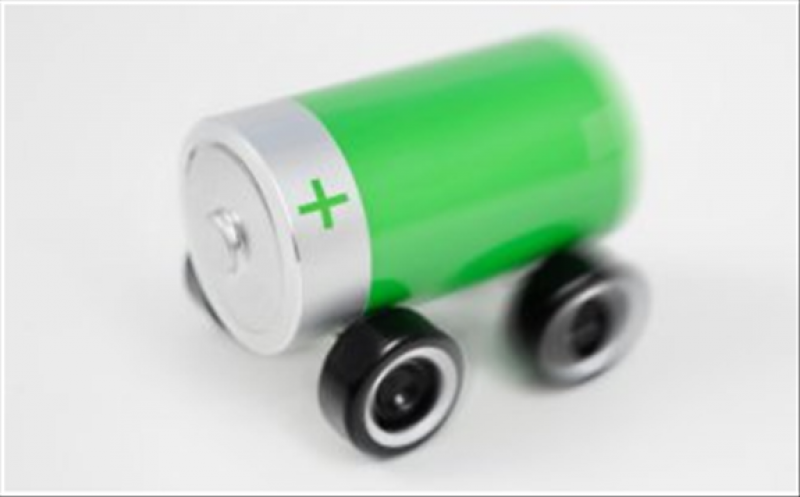Although Korean battery raw materials companies have increased their combined share of the global market, they still place third after China and Japan.

The market for four core materials for lithium-ion batteries was US$23.3 billion in 2020, up 13.1 percent from a year before, said Japanese market research firm Yano Economic Research Institute on June 27. This means that the market grew faster than 7.9 percent in 2019.
Lithium-ion batteries are now used not only for mobile devices but for electric vehicles and energy storage devices (ESSs). Lithium ions are stored (charged) in an anode (-) and then stored in a cathode (+) in order to generate energy. The core is four materials -- anode materials, cathode materials, electrolytes and separators.
Korea's market shares by battery material inflated from a year before. Its cathode material share increased from 7.8 percent to 9.0 percent, its anode materials share from 6.0 percent to 6.8 percent, its separator share from 8.4 percent to 8.5 percent. The Yano Economic Research Institute said that Korean battery raw materials producers could increase their market shares as Korean battery makers expanded their presence in the global market. It predicted that this trend will continue.
However, Korea’s raw material market shares remained in single digits, falling far behind those of China and Japan. China enjoyed a 72.4 percent share in cathode materials while Japan posted 13.0 percent. In anode materials, China holds a 80.9 percent share with Japan accounting for 12.3 percent. China also dominates the electrolyte and separator markets with a 73.5 percent and a 62.2 percent share, respectively. Japan’s shares amount to 17.2 percent and 29.3 percent, respectively. This shows that China and Japan dwarf Korea in the four material markets. This is a contrast to the fact that the three major Korean battery makers -- LG Energy Solution, Samsung SDI, and SK Innovation -- chalked up a combined market share of 34.6 percent in the global electric vehicle battery market in 2020.